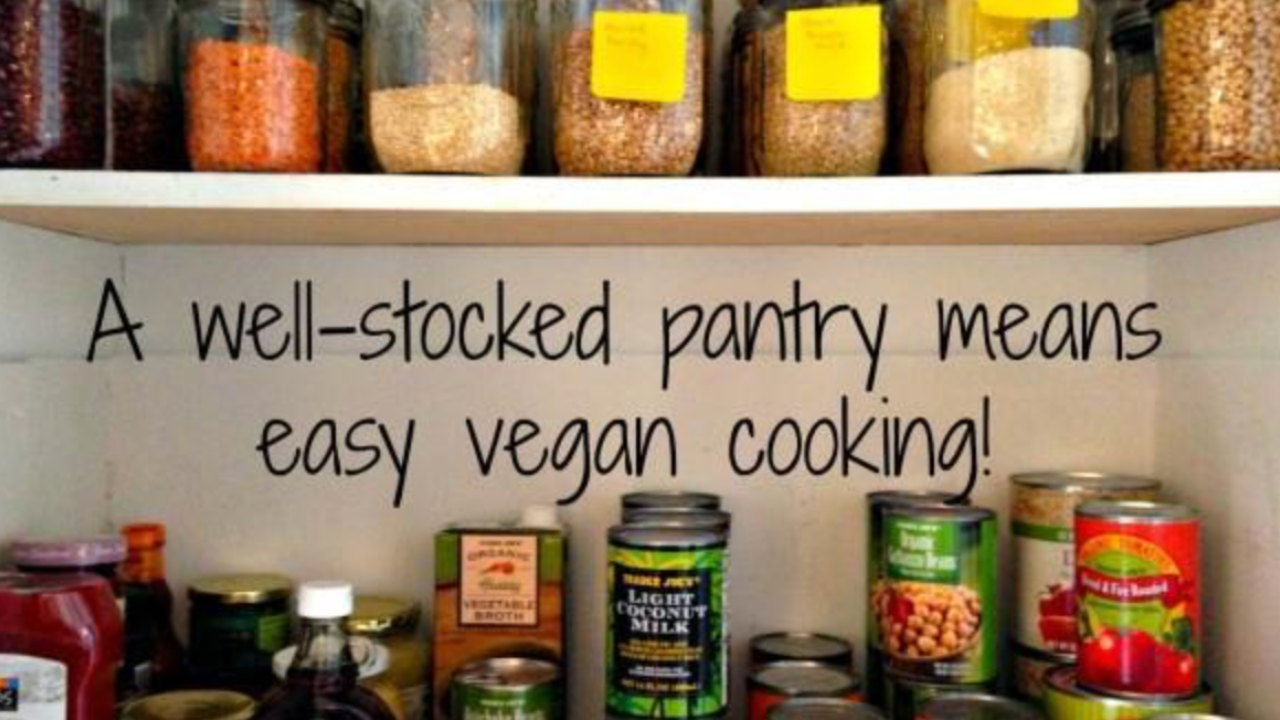
Building a Vegan Pantry At Home
{By: Sherimane Johnson}
Just because someone is a vegan does not mean they will be naturally thin and super healthy. This is because it is still possible to have too many calories as a vegan, despite the wealth of nutrient dense foods to choose from. So, every effort needs to be made to create balanced meals.
This can be a challenge, especially if you are first starting out as a vegan. One reason for this is because certain vitamins and minerals, such as Vitamin B12 and Iron, are more easily found in meat products. In addition, Iron is more readily absorbed in the body when paired with meat.
NUTRITIONAL CONSIDERATIONS
Today let’s talk about the challenges vegans face when putting meals together. It is designed to help
you create healthy and balanced meal combinations that will leave you full of energy.
Getting Adequate Protein
Vegan Nut Butters
People who eat meat take getting enough protein for granted. All they need to do is consume dairy products and a serving or two of meat or fish a day to do it. But vegans need to get their protein from plant sources. Fortunately, there are things in the plant world that are still rich in protein:
- Soy Products
- Nuts, seeds, nut milk, and nut butter.
- Grains, especially quinoa and farro
- Legumes such as black beans, chickpeas, and kidney beans.
Another suggestion is to drink one or two protein shakes or a protein powder drink daily. Just make sure the packaging indicates that it is vegan friendly. A popular ingredient in most protein powders is whey, which is derived from milk and should be avoided.
Getting Enough Iron in Your Diet
For women, getting enough iron is enough of a challenge. For a vegan, it is even tougher, and many vegans end up with iron deficiencies. On the advice of your doctor, you may want to take an iron supplement. You can find plant-based, vegan-friendly iron supplements at the health food store. In addition, eat these foods:
- Spinach
- Green beans
- Brewer’s yeast (a supplement)
- Wheat germ
- Lima beans
- Dried fruit such as raisins and prunes
- Cooking in a cast iron skillet
- Blackstrap molasses (use in baking or take as a supplement)
To make plant protein more absorbable, pair it with a vitamin C-rich food, drink, or supplement. For example, you can have a small glass of orange with a meal that contains a lot of iron.
Eat Foods Rich in B-Vitamins
Vegans get enough of most of the B Vitamins because grains are a good source. However, Vitamin B 12 is a little more challenging. Supplementing with a vegan-friendly version of B 12 which is often synthetic. Some cereals and drinks also contain B 12.
Getting Enough Calcium
Thanks to fortification, it is easier than ever for a vegan to get their calcium. Here are plant-based choices to consider:
Pea protein, hemp milk, flax milk, almond milk, cashew milk, rice and soy milk are often fortified with calcium. Make sure the product is vegan-friendly and contains a good amount of calcium.
Leafy green veggies and other vegetables such as Bok choy, collard greens, turnip greens, and okra are also rich in calcium.
When preparing the vegetables, try not to boil them unless you drink the water. A lot of the calcium leaves the food during the cooking process and goes into the water.
15 Must have items for your Vegan Pantry
1. Beans
Pinto, black, kidney, chickpea, lentil, cannellini beans, navy, pink, lima, mung. As you can see the variety of beans (dried or canned) provides lots of opportunity for creativity. They are great additions to soups, salads, stews even meatless meatloaf.
2. Grains
Black rice, brown rice, oatmeal, quinoa, spelt, millet, bulgar, teff are all grains that have great flavor, texture and all add to the nutrition that a vegan need.
3. Tempeh
Tempeh can be one of the best staple sources of protein. It can be refrigerated for a week or two (check the date on the package) and will keep up to several months in the freezer.
4. Tofu
Extra firm tofu for baking and frying, vacuum-packed silken tofu to blend into dressings and puddings, and dried tofu for soups and stir-fries. Tofu is an essential part of the vegan pantry. Choose non-GMO whenever possible.
5. Nuts
Pistachio, walnut, almond, pecan, pine, brazil – nuts are a great source of protein. They can be used in salads, pesto, meatless meat recipes, desserts and just for snacking. Nuts have natural oils. They can turn rancid. Store in the freezer to keep them fresh.
6. Dried fruits
Pineapple, apple, raisins, apricots, coconut, papaya, mango, and dates are not only great for snacking, but they are a creative way to add flavor and texture to grain dishes, vegetable braises, and sautéed greens.
7. Vegetable stock
Making stock from scratch is as simple as storing the veggies you might throw away like onions, peppers, celery and boiling them for an hour, draining the cooked vegetables and storing the stock in the refrigerator. There are also many store-bought options to choose from.
8. Nutritional yeast
Nutritional yeast is used to flavor sauces, add to breading and potatoes. It has a cheesy flavor that many enjoy on popcorn.
9. Miso
White Miso and Red Miso add savory to soups, vegetables, tofu, and dressings. You can even use them in desserts. I make a Dark Chocolate Banana Cheesecake with Red Miso Caramel that is ridiculously delicious. Miso is stored in the refrigerator.
10. Tahini
Tahini, or sesame paste is one of my favorite vegan pantry ingredients. It can be used in both savory and sweet dishes. I use it in my Chickpea burger recipe to add moisture, nutrients.
11. Dried Sea vegetables
Seaweed, nori sheets and hijiki are great additions to broth or used to wrap around vegetables and rice. They are also great to snack on.
12. Grapeseed oil
From making rich curries and roasting vegetables, baking and to searing tofu and coconut oil is super versatile.
14. Maple syrup
Maple syrup is my favorite natural sweetener. It is perfect for baking, making dressing and glazes. It is even great in tea, coffee, or smoothies.
15. Ground flax seeds
Flax seeds are super nutritious and loaded with fiber and Omega-3 fatty acids. I love them stirred in my oats, mixed into smoothies, and baked into breads and muffins. And, combined with a little bit of water, ground flax also works as an egg substitute.
Have more questions about your vegan lifestyle? Schedule a complimentary Discovery Call with me.
Website: www.plantpoweredshift.com
IG: https://www.instagram.com/night.owlvegan/FB: https://www.facebook.com/plantpoweredshift





